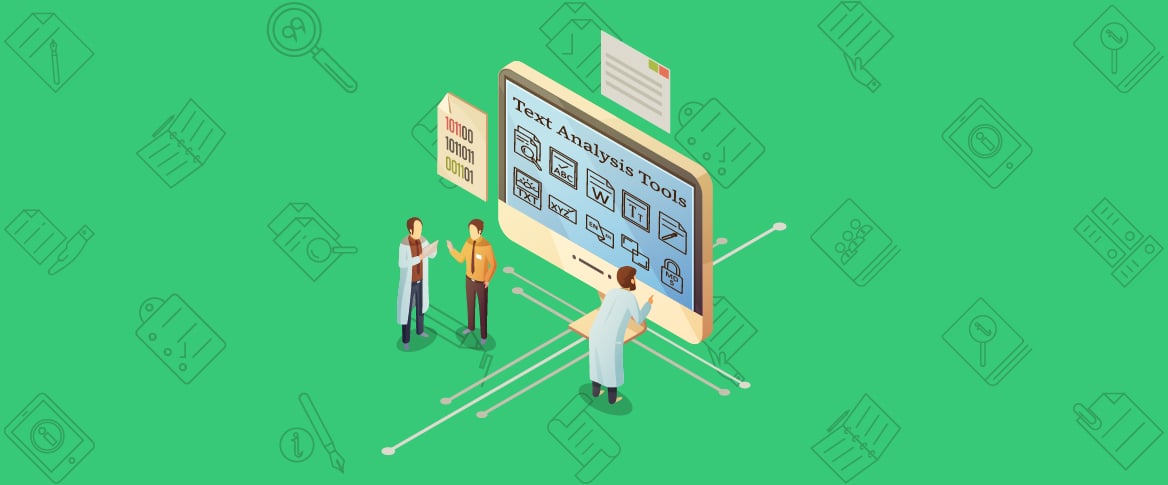Home » About Plagiarism »
 October 10, 2018
October 10, 2018
There is a very little difference between the act of plagiarism and the copyright infringement as both of these occur in the commercial, professional, academic and social fields. Basically, plagiarism is defined by the act of copying and using someone’s data and without acknowledging the original source or attributing to the real source the data is used and owned by the writer as if it is his or her original work.
Copyright infringement
is also more or less the same thing but it has something to do with the legal proceedings of the issue and law is also involved in this act. Basically, this term is used in those cases when the work containing copyrights is used illegally and it is then copied or used by any other person.
This means that the copier is infringing the exclusive rights of the original owner of the work or writing or rewriting.
These rights include the right of reproducing the document, displaying, distribution or performing the copyrighted work. This occurs in all the fields but is more commonly observed in case of the social media and professional works which are usually legally protected by the owners. In this way, it can be concluded that plagiarism does not have any legal grounds and therefore it cannot be traced well. However, copyright infringement has its roots in law and the culprit can be legally punished and taken to grounds.
Often the question arises;
is plagiarized content considered copyright infringement? Basically, copyright infringement includes copying and reproducing another person’s intellectual property.
In many other cases, the original author or producer’s name is used but the profit coming out from the marketing and selling of that item is reaped by the infringer. This is even more dangerous and deliberate act when the copying of the intellectual property occurs without the written permission of the original owner of the content.
Typically the owner is the
publisher of that work or the other business owner who has been assigned by the author or owner of the work. In this way, a two-way loss occurs to both the creator and the assigned publisher of the work. This practice is therefore taken more seriously and it is seriously an illegal act on part of the copier.
There are many other legal terms
which are being used in order to replace the term copyright infringement. The fact is that all these terms have the same meaning and are used in the same sense. The term piracy is also used for copyright infringement. In the strict sense, piracy means to distribute, sell or copy the work of the original author which is containing the copyrights.
Therefore in order to save the original work from being pirated and not to let others take its benefit, it is very important to get the copyrights of the work before it is published or launched in the market. In many cases when the legal basis of the copyright infringement is studied, it is more commonly referred to by the copyright holders as theft.
- April 2024 (2)
- March 2024 (3)
- February 2024 (1)
- January 2024 (4)
- December 2023 (4)
- November 2023 (1)
- October 2023 (5)
- September 2023 (7)
- August 2023 (4)
- July 2023 (5)
- June 2023 (5)
- May 2023 (10)